RAJSHAHI, July 5 (V7N) – In the absence of open spaces and playgrounds, children and teenagers in Tanore upazila of Rajshahi are increasingly abandoning outdoor games like football. Once a vibrant monsoon tradition, where children soaked in rainwater while playing in fields, is now a fading memory.
Once abundant in both rural and urban neighborhoods, open grounds and fields have rapidly disappeared due to unplanned urbanization and land use. Today, even villages lack suitable open spaces for children to play. Consequently, instead of spending afternoons on the field, children are confined indoors, often absorbed in mobile phones or television screens.
The transformation of childhood, driven by the fast pace of modern civilization and technological advancement, has deeply affected the socialization process. Once essential to a child’s growth — outdoor play, communal interaction, and exposure to nature — have now been replaced by digital isolation.
In the past, childhood in both rural and urban Bangladesh followed a vibrant rhythm: children waking before sunrise, heading to religious schools or households for early learning, laughing with friends on their way to school, and experiencing affection and discipline from teachers. After school, they would play traditional games like golla-chhut, gadal, cricket, or football before heading home at sunset. The day would end with an oil lamp, a mother’s stern voice, and the quiet hum of evening studies. By 10 PM, most were asleep.
Now, that harmony has shifted. Children are burdened from morning with oversized schoolbags, thrust into endless academic schedules. After school, private tutors dominate their time. The joy of afternoon play has been replaced by relentless lessons. The common parental refrain has become “Study, study, study,” often accompanied by the pressure to top the class. Success is now defined by ranks, results, and reputation — at any cost.
This unhealthy academic competition is stripping away the emotional warmth and natural development of children. Even at the age when a child should be basking in affection and discovery, they are taught English grammar and fluency drills, enrolled in kindergartens with exhaustive curricula, and burdened with psychological stress. Playful childhood is being exchanged for performance-based existence, disconnecting children from the social structures essential for holistic growth.
This social shift not only threatens the physical well-being of children but also impacts their emotional, psychological, and moral development. Without spaces to play, interact, and grow together, the next generation risks becoming socially distant, creatively restricted, and emotionally fragile.
The situation in Tanore reflects a growing national concern — the systematic erasure of childhood from the cultural landscape. Unless addressed through planned urban development, child-focused policy interventions, and societal awareness, the cost will be borne not just by today’s children, but by the future of society as a whole.
END/MRA/SMA/



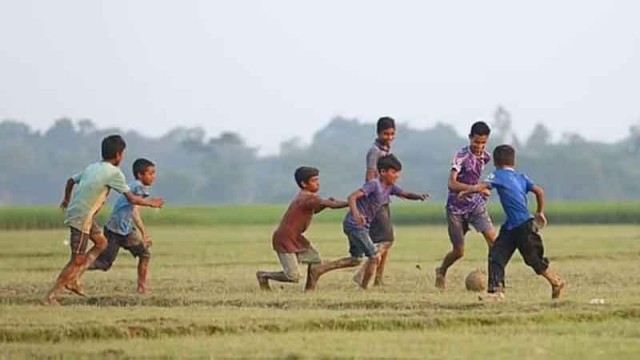





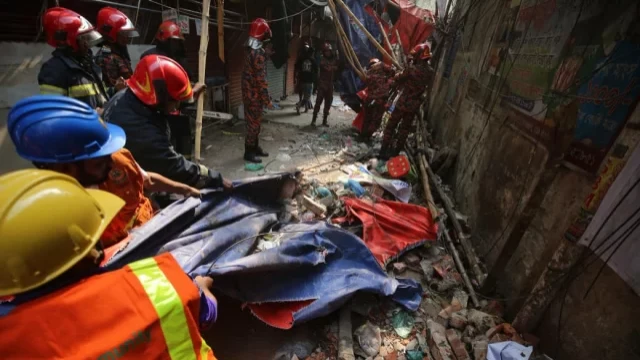



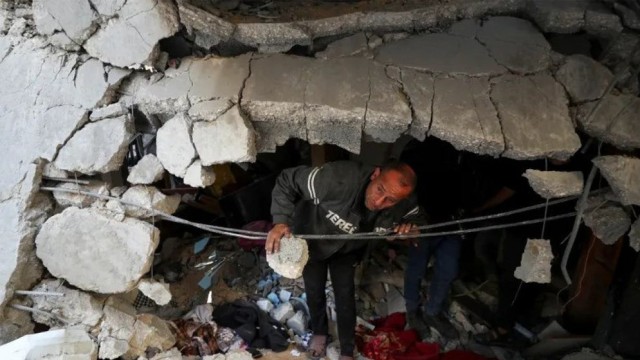



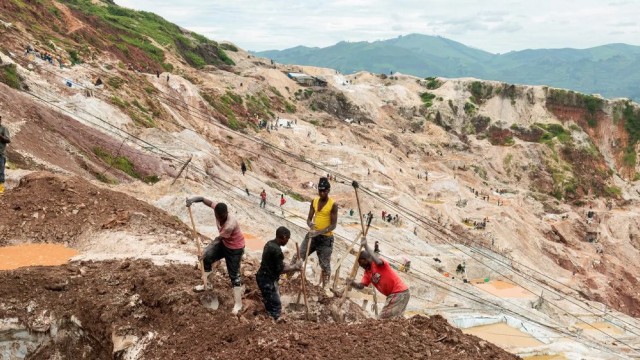











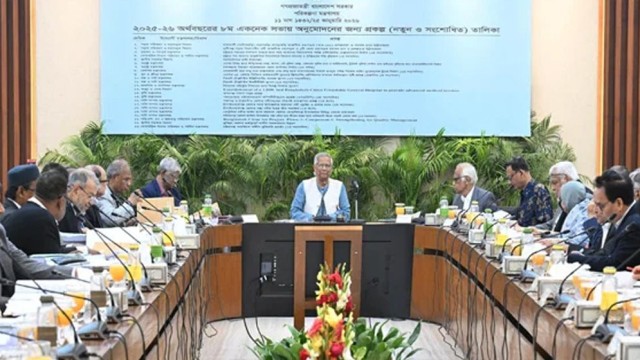

Comment: